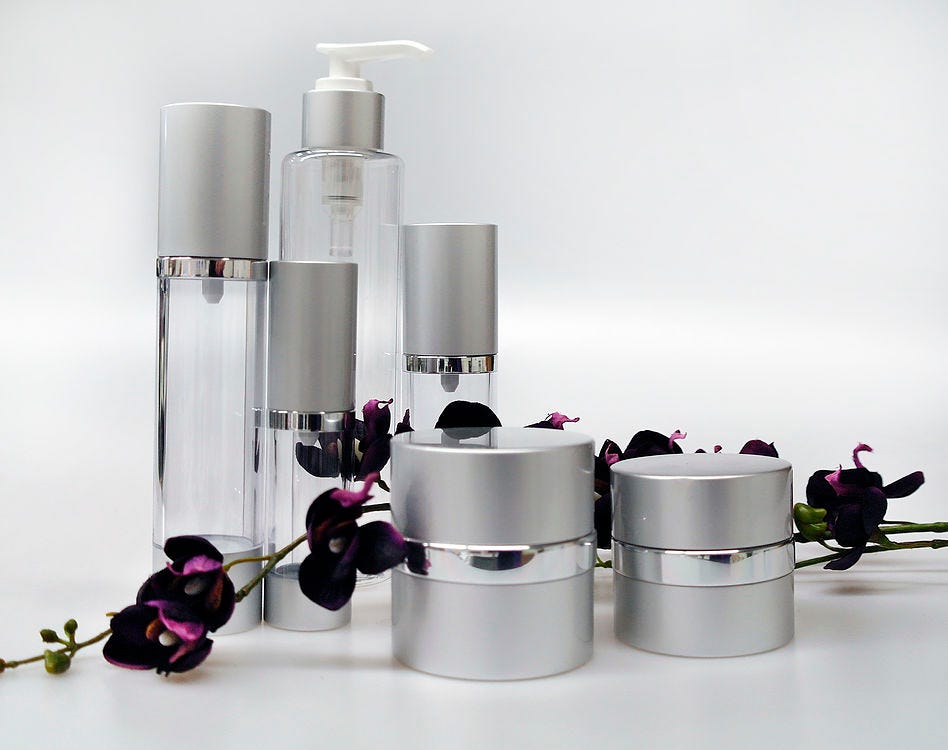The skin care industry is booming, with consumers increasingly demanding personalised products tailored to their unique skin needs. For small business owners and emerging skin care brands, entering this competitive market can seem overwhelming. However, one effective way to stand out is through custom formulation manufacturing for private label skin care. This guide aims to provide a thorough understanding of custom formulation manufacturers, highlighting the benefits, process, and essential factors to consider.
What is Custom Formulation Manufacturing?
Custom formulation manufacturing involves creating unique skin care products tailored to specific brand requirements. Unlike generic, off-the-shelf products, custom formulations allow brands to develop exclusive formulations that align with their brand ethos, target audience, and desired market positioning.
Why Opt for Custom Formulation?
- Brand Differentiation: Custom formulations enable you to create unique products that set your brand apart in the crowded skin care market. You can develop signature formulas that reflect your brand’s identity and values.
- Quality Control: Working with custom formulation manufacturers gives you greater control over ingredient selection and product quality, ensuring high standards and consistency.
- Targeted Solutions: Custom formulations allow you to address specific skin concerns and consumer needs, making your products more effective and appealing.
- Flexibility and Innovation: You can experiment with innovative ingredients and formulations, staying ahead of trends and providing cutting-edge solutions to your customers.
The Custom Formulation Process
1. Initial Consultation
The journey begins with an initial consultation where you discuss your brand vision, goals, and product requirements with the manufacturer. This stage involves:
- Understanding your target audience and market positioning
- Discussing desired product attributes (e.g., texture, scent, packaging)
- Identifying key ingredients and potential allergens
- Setting budget and timeline expectations
2. Research and Development (R&D)
Once the initial consultation is complete, the manufacturer’s R&D team gets to work. This stage involves:
- Ingredient Sourcing: Selecting high-quality, sustainable ingredients that meet your specifications.
- Formulation Development: Creating prototypes and testing different formulations to achieve the desired product characteristics.
- Regulatory Compliance: Ensuring formulations comply with industry regulations and standards.
3. Product Sampling and Testing
After developing initial formulations, the manufacturer provides samples for your review. This stage includes:
- Sensory Evaluation: Assessing the product’s texture, scent, and overall feel.
- Effectiveness Testing: Conducting product trials to ensure efficacy and safety.
- Feedback and Revisions: Providing feedback to the manufacturer for any adjustments or improvements.
4. Scaling Up Production
Once you approve the final formulation, the manufacturer scales up production to meet your order requirements. This stage involves:
- Batch Production: Producing the product in larger quantities while maintaining consistency and quality.
- Quality Control: Implementing stringent quality control measures to ensure each batch meets high standards.
- Packaging and Labeling: Designing and producing packaging that aligns with your brand image and complies with regulatory requirements.
5. Distribution and Launch
The final stage involves distributing the finished products and launching them to the market. This includes:
- Logistics and Shipping: Coordinating the transportation of products to retail outlets or direct-to-consumer channels.
- Marketing and Promotion: Developing marketing strategies to promote the new product line and drive sales.
- Customer Feedback: Gathering customer feedback and monitoring product performance for continuous improvement.
Choosing the Right Custom Formulation Manufacturer
Selecting the right manufacturer is crucial for the success of your private label skin care line. Consider the following factors when making your choice:
1. Experience and Expertise
Look for manufacturers with a proven track record in custom formulation and private label skin care. Check their portfolio and client testimonials to gauge their expertise and reliability.
2. Quality Assurance
Ensure the manufacturer adheres to strict quality control measures and complies with industry standards and regulations. Certifications such as Good Manufacturing Practices (GMP) and ISO standards are indicators of a reputable manufacturer.
3. Ingredient Sourcing
Inquire about the manufacturer’s ingredient sourcing practices. Opt for manufacturers that prioritize high-quality, sustainable, and ethically sourced ingredients.
4. Flexibility and Innovation
Choose a manufacturer willing to collaborate closely, offering flexibility and creative solutions to meet your unique requirements. Their willingness to innovate and experiment with new formulations is a plus.
5. Cost and Lead Time
Consider the manufacturer’s pricing structure and lead times. Ensure they offer competitive pricing without compromising on quality and can meet your production deadlines.
Benefits of Private Label Skin Care for Small Businesses
1. Cost-Effective
Private labeling allows small businesses to enter the market without the high costs associated with developing and manufacturing products from scratch. You can leverage the manufacturer’s existing infrastructure and expertise.
2. Focus on Branding
With manufacturing handled by a third party, you can focus on building and marketing your brand. This allows you to allocate resources to brand development, customer engagement, and growth strategies.
3. Rapid Market Entry
Private labeling enables quicker market entry, allowing you to launch new products faster and capitalize on trends and consumer demands.
4. Scalability
Partnering with a custom formulation manufacturer provides scalability, allowing you to increase production as demand grows without significant upfront investments.
Conclusion
Custom private label skin care for private label skin care offers small business owners and emerging skin care brands a unique opportunity to create high-quality, differentiated products that resonate with consumers. By understanding the process and choosing the right manufacturer, you can build a successful skin care line that reflects your brand’s values and meets the needs of your target audience.
Ready to take your skin care brand to the next level? Explore the possibilities of custom formulation manufacturing and start your journey towards creating exceptional, personalized skin care products today.


